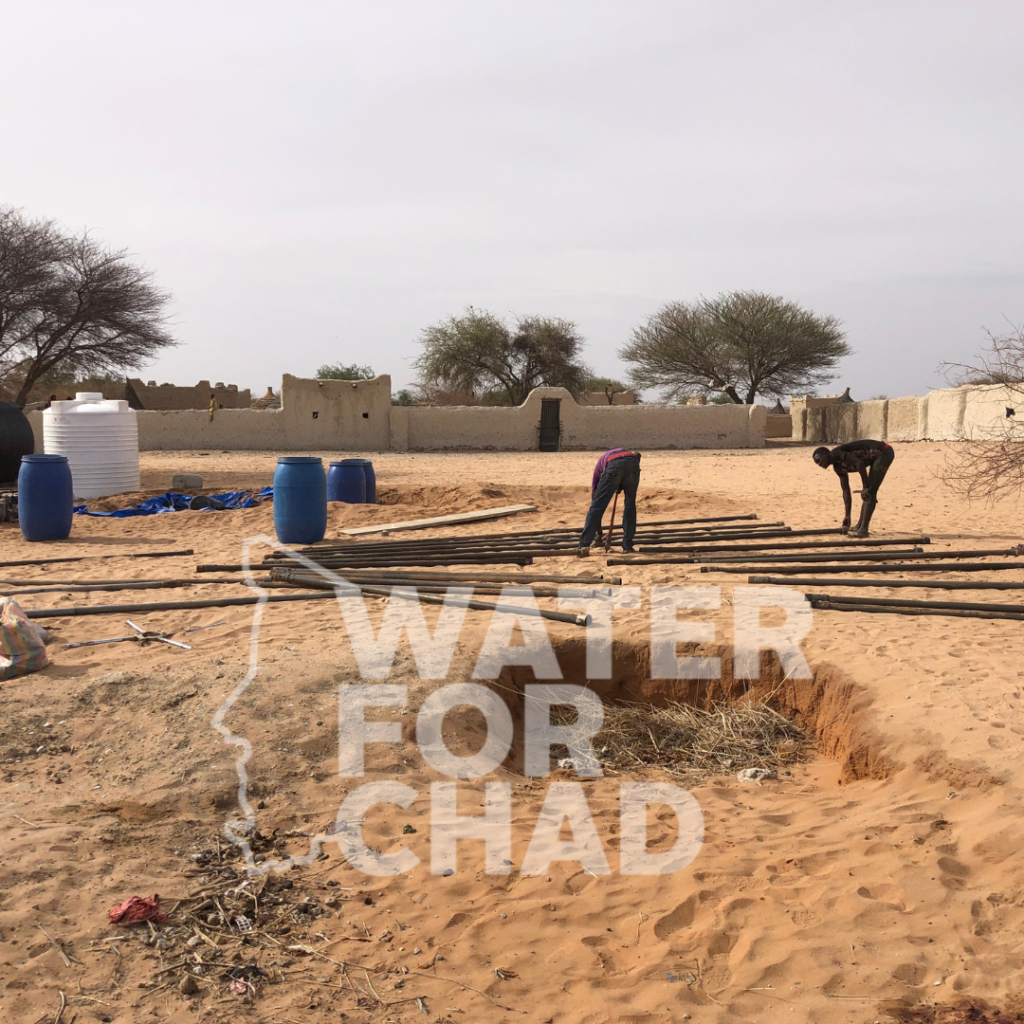Health
- Reduced Diarrhoeal Diseases: Contaminated water is the leading cause of diarrhoea, a particularly serious illness for children under 5. Sustainable access to clean water can significantly reduce childhood mortality rates and improve overall population health.
- Decreased Parasitic Diseases: Intestinal worms, transmitted through contaminated water, are prevalent in areas without access to clean water. Access to clean water and improved sanitation can dramatically reduce the spread of these parasites, leading to better digestive health and nutrient absorption.
- Reduced Burden on Healthcare Facilities: Less waterborne illness translates to less strain on often overburdened healthcare centres in Northern Chad. This allows healthcare providers to focus on other critical medical issues.
Education
- Increased Time for Studies: Children, particularly girls, often spend hours daily collecting water. Access to clean water closer to home frees up this valuable time that can be dedicated to education and leisure activities.
- Improved Academic Performance: Proper hydration enhances concentration and memory, which can lead to better academic performance in children. This can have a positive long-term impact on their future employment prospects and contribution to society.
Economy
- Enhanced Productivity: Women who spend less time collecting water can dedicate themselves to income-generating activities such as farming, trading, or crafts. This can contribute to household food security and stimulate the local economy.
- Reduced Healthcare Costs: Less waterborne illness means less healthcare expenditure for families, freeing up resources for other essential needs.
Environment
- Protection of Water Sources: Access to clean water reduces reliance on often-contaminated, unimproved water sources. This protects both surface and groundwater resources for future generations.
- Decreased Water Pollution: Using contaminated water for drinking and hygiene can pollute surface and groundwater. Access to clean water can reduce this pollution, improving the quality of the aquatic environment.
Social Stability
- Strengthened Social Cohesion: Access to water is a vital resource, and its scarcity can exacerbate tensions between communities. Equitable access to clean water can foster cooperation and peace.
- Reduced Displacement: Droughts and scarcity of clean water are significant drivers of forced migration. Improved access to water in Northern Chad can help reduce displacement and allow populations to remain on their lands.
Long-Term Approach
Beyond providing immediate access to clean water, it’s crucial to develop sustainable solutions for water management in Northern Chad. This can include:
- Construction and maintenance of boreholes and water purification systems.
- Hygiene and sanitation education programs.
- Training local communities on managing and maintaining water supply infrastructure.
By investing in clean water for vulnerable populations in Northern Chad, we invest not only in their short-term survival but also in their long-term future and the prosperity of the region.


